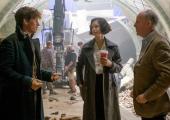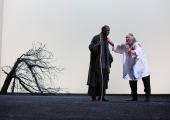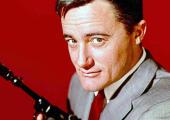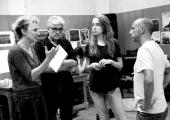10 Questions for Playwright James Graham

The author of This House on the arcane world of Parliamentary whips
Coalitions make for drama, and for comedy. We know that from, respectively, Borgen and the final series of The Thick of It. It is little wonder therefore that soon after the 2010 election delivered a hung Parliament, the National Theatre commissioned a play. And yet the drama that emerged was not about deals struck in back rooms by the Cameron-Clegg government. Instead, This House spirits its audience back to 1974, the year Labour embarked on five years’ of horse-trading as it sought to govern the country with an overall majority of three.








